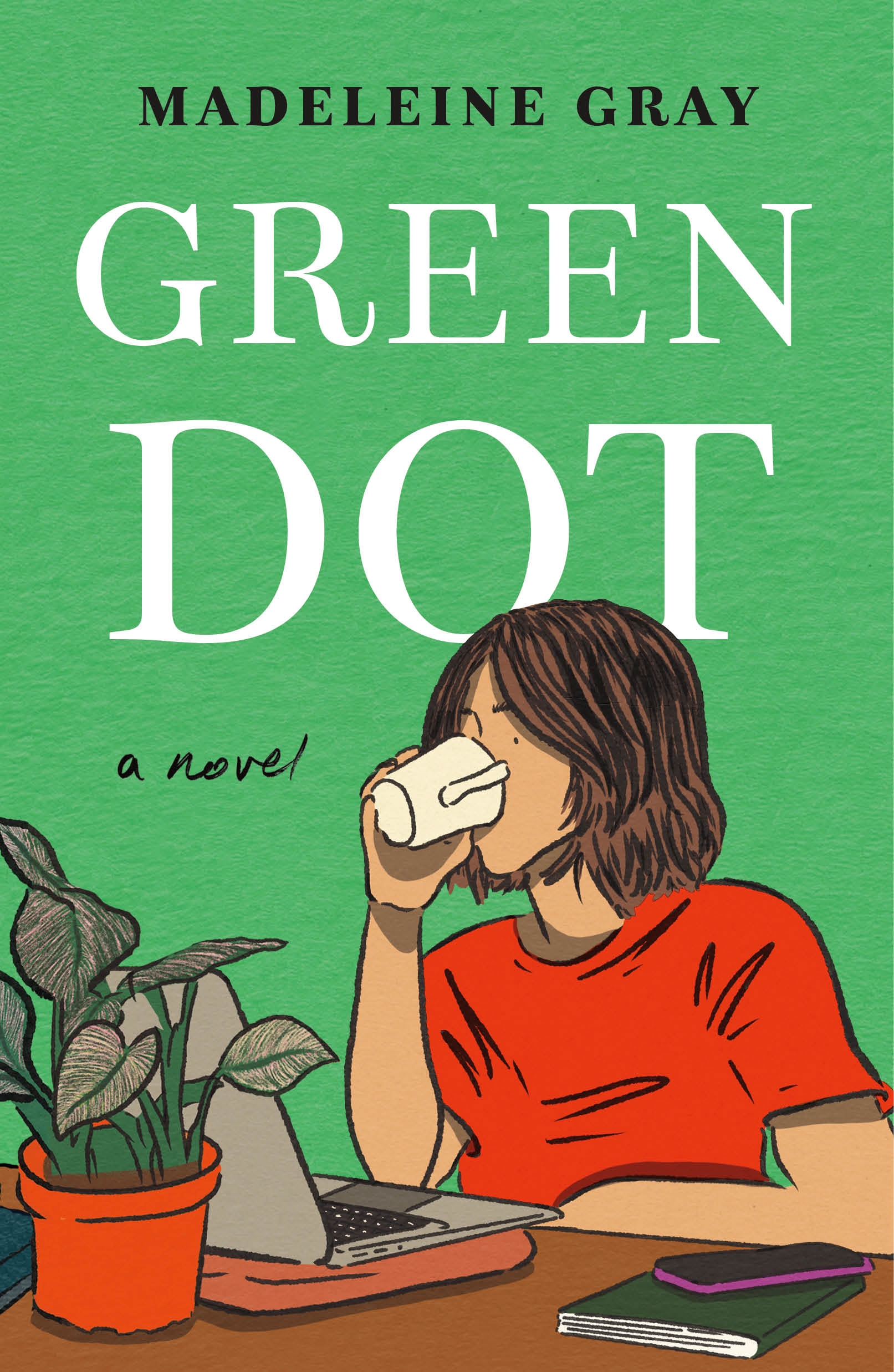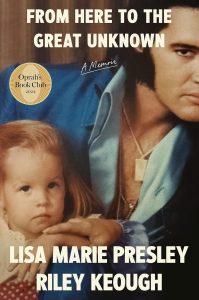
Madeleine Gray’s Green Dot is a small, sharp novel about the dizzying confusion of being twenty four, the hunger that masquerades as desire, and the thin moral lines we cross when longing feels like survival. At the center is Hera, a restless, sharp-tongued young woman who drifts through underwhelming jobs, social media fog, and late-night yearning until she meets Arthur, a middle-aged journalist. What begins as an intoxicating affair soon becomes an examination of what it means to want someone who is not meant to be yours.
What the book is about
Hera is one of those characters who seems to be all edge and unfinished sentences. She moderates the comments section for an online news outlet, a job that feels like a metaphor for modern life: public, performative, and small. Arthur is older, married, and continually misaligned with the life he is supposed to lead. Their relationship is messy, complicated, and at times cruel. Gray does not hide the moral messiness. If anything, she watches it closely and writes it down with an unsparing, often funny, precision.
Why it works
One of the biggest strengths of Green Dot is voice. Gray captures a contemporary, interior monologue that rings true: quick pop culture flashes, sardonic humor, sudden tenderness. When the book is working at its best, you feel Hera’s breathless reasoning and the slow, strange logic that can make a bad decision feel inevitable. Several readers find that voice irresistible. It is intimate and raw, capable of making you laugh and then wince in quick succession.
Gray also handles yearning with nuance. The novel is not merely about an affair. It is about what hunger does to a person, how it shapes identity, and how the search for meaning can look indistinguishable from self-sabotage. Scenes like the karaoke night and the small domestic moments around Arthur’s life feel lived in and oddly human. They are the places where the book’s emotional power accumulates.
Where it falters
Not every reader will connect with Hera. Some find her unfeeling and difficult to sympathize with. If you prefer a protagonist who shows clear interior development or consistent empathy for other characters, Hera can be frustrating. The novel sometimes allows time to pass without clear markers, and emotions shift in ways that seem abrupt. Those choices are arguably intentional. They reflect the hazy, disjointed lives of young adults in the social media era. Still, the effect will be alienating for readers who want smoother narrative pacing or clearer moral accounting.
How it compares
Fans of contemporary writers who explore messy relationships and identity politics will find much to like here. Readers who enjoy Sally Rooney, Fleabag-style dark humor, or novels that blend sharp satire with real feeling will see echoes in Gray’s work. At the same time, Green Dot has its own distinctly pained and comic tone that sets it apart.
Who should read this book
Pick up Green Dot if you like character-driven contemporary fiction with a biting voice and emotional friction. If you enjoy novels that leave you unsettled in a productive way, that make you examine your own appetites and boundaries, this one will work. If you prefer tidy arcs and unquestionably likable narrators, you may feel frustrated.
Final thoughts
Green Dot is a blisteringly contemporary portrait of longing and the moral blur that sometimes accompanies desire. Madeleine Gray writes with intelligence, wit, and a willingness to sit inside discomfort. The book will not please everyone, but for readers willing to be provoked, it offers moments of fierce insight and acute empathy disguised as self-centeredness.
If you want to read it for yourself, you can buy Green Dot here: https://amzn.to/42mEgoc
Rating: 3.5 out of 5 for voice and emotional candor, with the caveat that Hera’s choices will divide readers.


